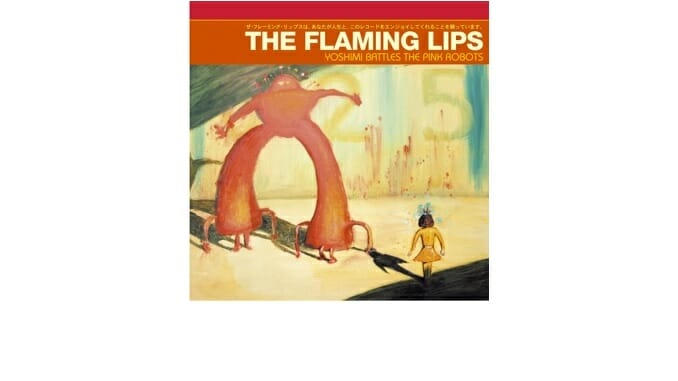The Flaming Lips: Yoshimi Battles the Pink Robots

 This review originally appeared in Issue #2 of Paste Magazine in the fall of 2002, republished in celebration of Paste’s 20th Anniversary.
This review originally appeared in Issue #2 of Paste Magazine in the fall of 2002, republished in celebration of Paste’s 20th Anniversary.
-

-

-

-

-

-

-

-

-

-

-

-

-

-

-

-

-

-

-

-

-

-

-

-

-

-

-

-

-

-

-

-

-

-

-

-

-

-

-

-








































